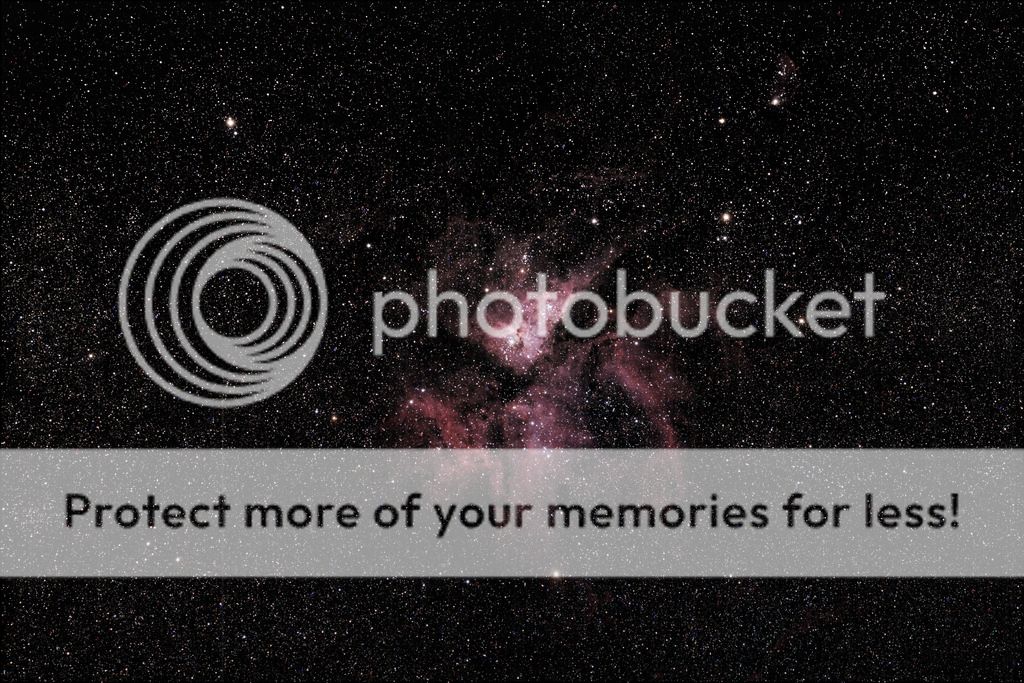@
Reltseo
No problem! And yeah, brothers can be great for tech support XD
I don't think I've ever read "The Elegant Universe", but I have heard of Brian Greene! I saw that PBS special series based on his book "The Fabric of the Cosmos", and it was really interesting.
There are some great astronomy documentaries out there! One of my favorite movies of all time (you read that right, movies, not just documentaries) is called "The City Dark" by Ian Cheney. I cannot recommend it enough! It's on Netflix, so if you have Netflix you might check it out :)
As for building your own telescope: Check with the local astronomy club or society to see if they have any telescope building experts to give you advice! My local astronomy club has a whole sub-group for telescope builders. My telescope was bought pre-made though, and it couldn't be any better for me. It was 400$, but should last me at least 10 years. It's an 8" Dobsonian, which is about the largest telescope an amateur should have unless you're going to keep it in one location forever. It's large enough to see galaxies and nebulae from my heavily-light polluted backyard, and the only real limit to magnification is the stability of the atmosphere. Basically, if you want to buy a good quality, large aperture telescope, it's the one I recommend. A link:
Orion XT8 Dobsonian
Of course, that's only if you're interested in deep-sky observation. If you're more into planets, you may want a refractor instead.
Yeah, math is a killer! Basically my advice to you is this: Don't be disgusted with yourself! Something I've learned is that people only really learn when they are interested. Chances are if you weren't interested in math in school you didn't retain it, like probably 90% of the population. If you want to learn math, then you can learn math. If you don't want to, that's ok too! You really don't have to know math to be an amateur! The only exception I can think of is that it would be good to know math to build your own telescope, but you can probably get by without it, it would just be more difficult.
I hope that you get the chance to go to a dark sky site soon!
A starparty is an event, usually held by the local astronomy club. They schedule a date, and on that date at sundown several astronomers show up with telescopes, and anyone who's interested shows up to look through the telescopes and learn about the sky. Honestly I don't know where they find out, because it's not like we advertise it, but at least 20 members of the public will show up to even the smallest starparties our club has (3-4 telescopes). There are also starparties held at observatories that tend to be far larger. While usually starparties are in the city, the ones at observatories will be in darker locations, with 20-50 astronomers or more showing up in my (very limited) experience and 100+ members of the public.
Clear Skies!

















